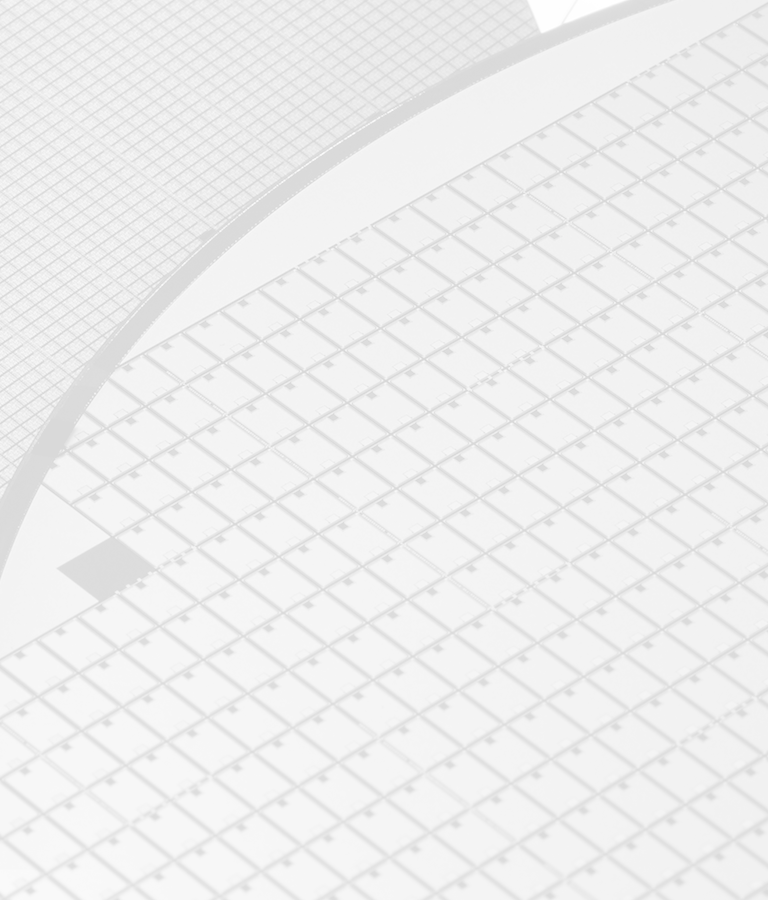In 2017, Exawatt’s long-standing customer, GT Advanced Technologies (GTAT), was assessing a possible expansion of its business, beyond its core focus on silicon-based PV manufacturing equipment: directional solidification (DSS) crystal growth furnaces and polysilicon chemical vapour deposition (CVD) reactors.
GTAT had identified an opportunity to apply its crystal growth expertise to silicon carbide (SiC), a high-value material with potential to disrupt the incumbent silicon-based power semiconductor market due to its ability to significantly improve system performance. The challenge was that, due chiefly to the high cost of SiC crystal growth, the market for expensive SiC semiconductors in 2017 was small and confined to a few niche segments, and available market and technology research on the opportunity for SiC was poorly articulated.
With this in mind, GTAT retained Exawatt to conduct a thorough review of the potential size and growth of future markets for SiC. Based on its existing knowledge of PV inverters, Exawatt was able to size the PV market opportunity with relative ease. However, we soon realised that the size of the potential market for SiC in battery electric vehicle (BEV) inverters could be many multiples higher than the PV opportunity, should EV manufacturers adopt SiC even in small volumes. At the time, almost all auto makers were sceptical about SiC due to its vastly higher cost relative to silicon. However, Exawatt was able to show that the benefits of SiC could be quantified in terms of increased vehicle range, which could be translated into smaller and significantly cheaper BEV battery packs. These savings would be more than enough to offset the relatively higher cost of SiC-based inverters. In late 2017, Tesla became the first mainstream BEV maker to adopt SiC, first in its Model 3 and ultimately across all of its vehicles, but by 2021 almost all auto makers had signified their intent to commit to the technology.
With battery costs set to rise in 2022 for the first time, after many years of cost declines, the value of reducing battery pack size will increase further, and with it the demand for SiC and other wide-bandgap semiconductor materials. Exawatt’s power electronics teams continue to monitor this space closely and our customers span the supply chain, from material suppliers to some of the largest device manufacturers in the world.


